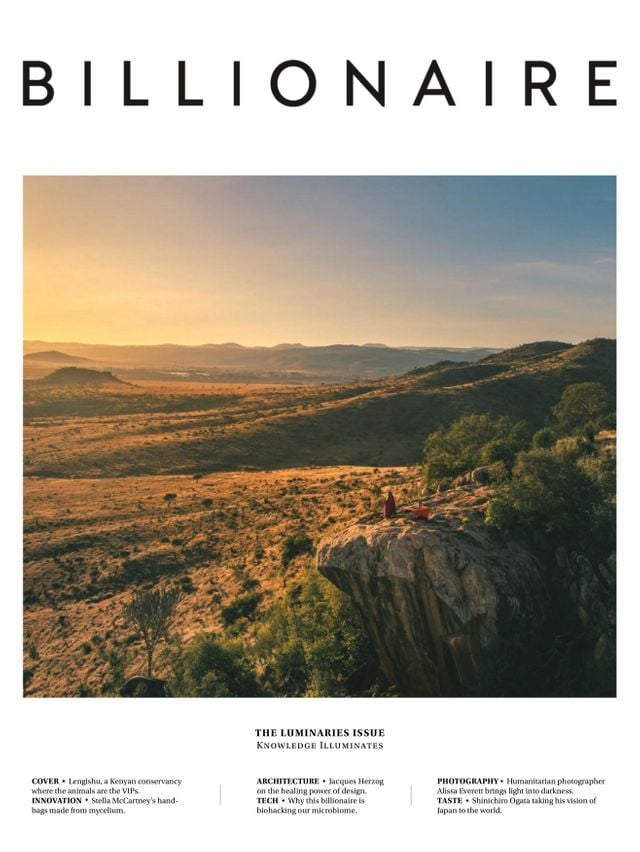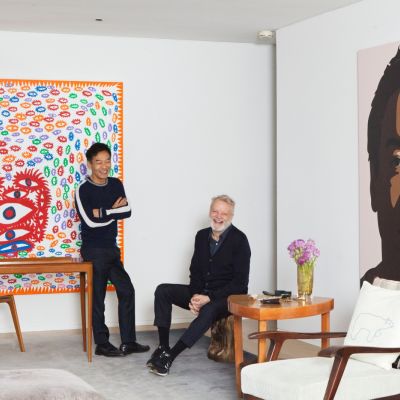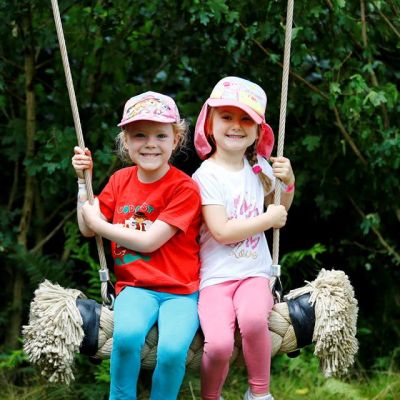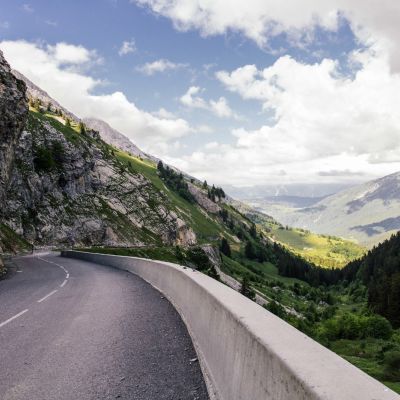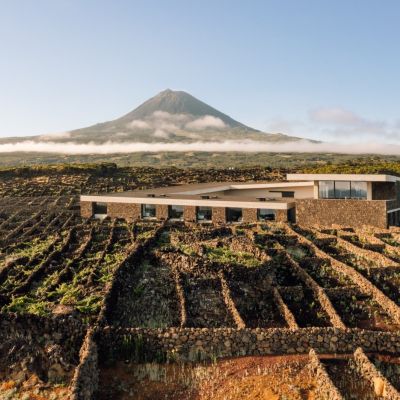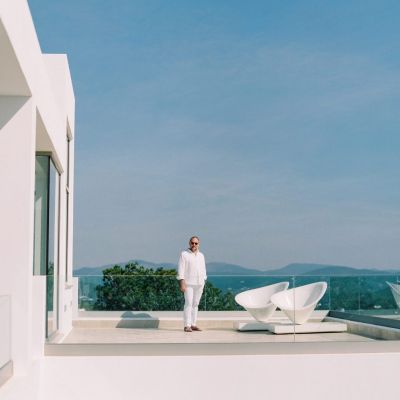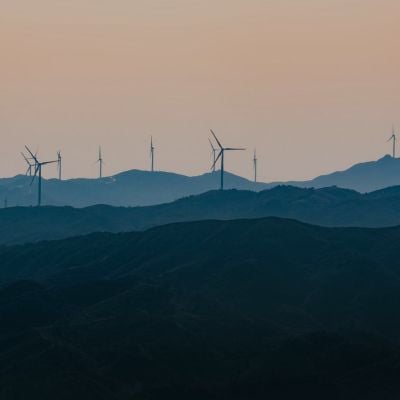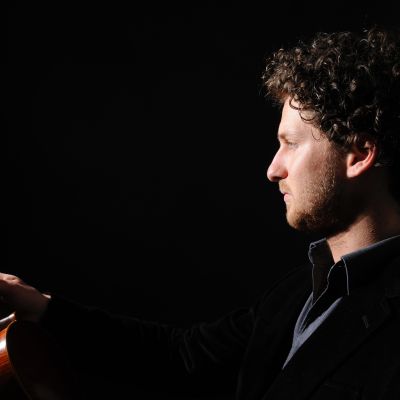Amber Nectar
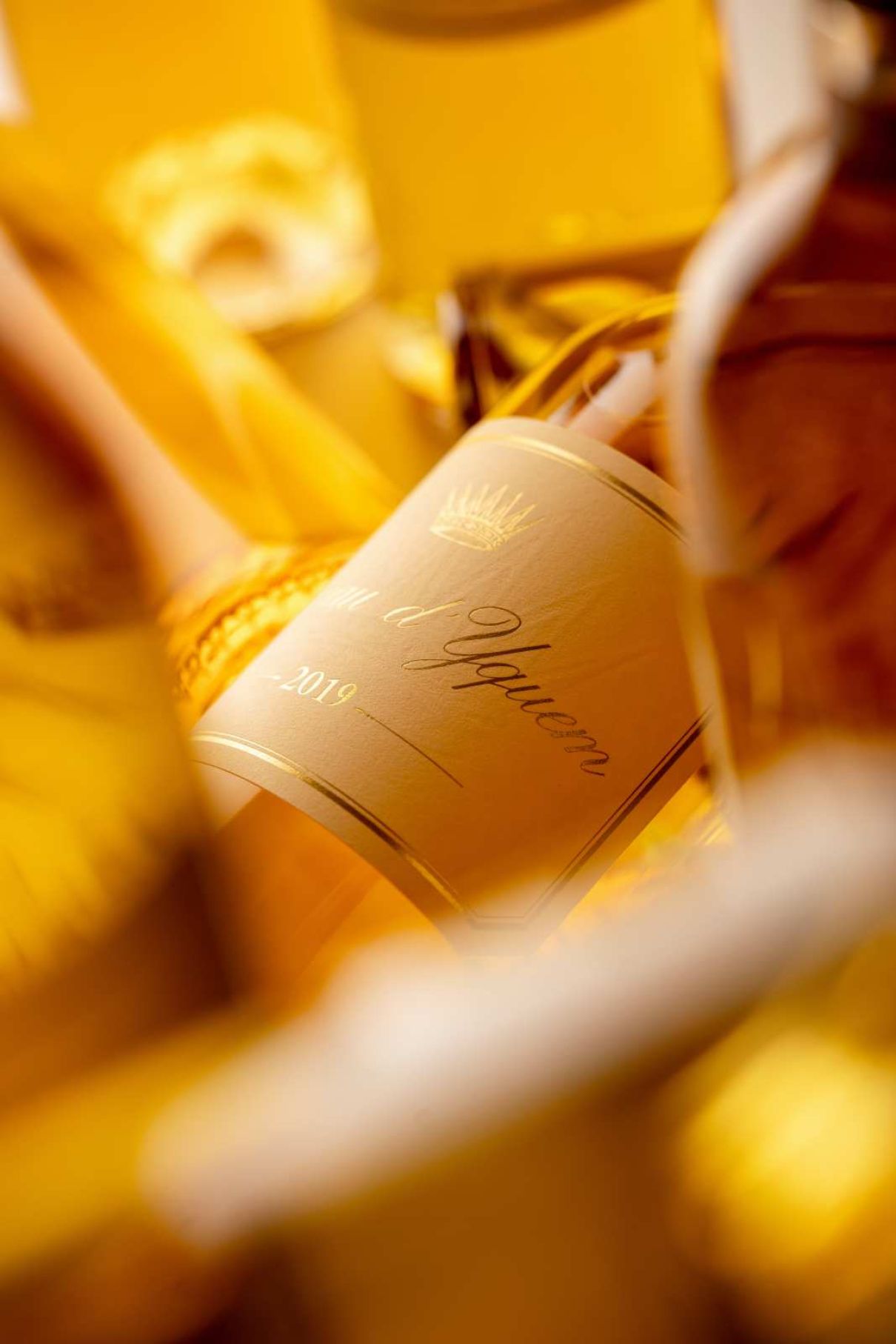
The world’s most iconic sweet wine is about to be certified organic.
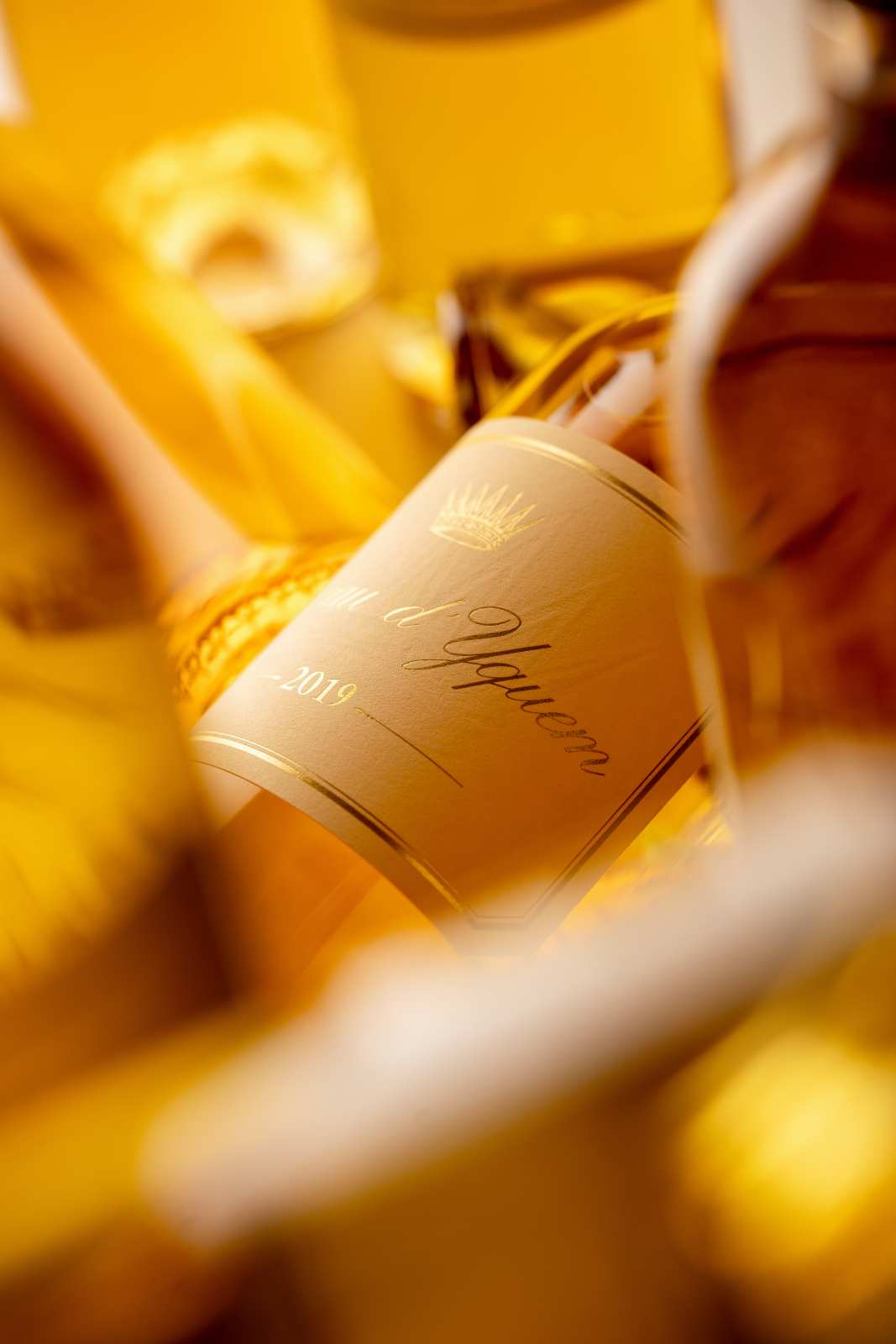
There can be few names in the world of wine that evoke greater prestige than that of Chateau d’Yquem, an estate owned by LVMH. It was the only sweet white wine to be given the Premier Cru Supérieur title in the official classification of 1855.
Known for opulent notes of caramel and pineapple, candied yellow fruit, high acidity and toasty oak, the location of the vineyard in Bordeaux is perfect for cultivating ‘noble rot’, a fungus called Botrytis Cinerea that infects the grapes. It causes them to lightly shrivel, producing sweeter juice. It also takes more work and skill to harvest and produce, which goes partly to explain the price tag. It’s hard to pick up a bottle for less than £250, the price of the most recent 2019 vintage, on sale at Berry Bros.
Mathieu Jullien, marketing and sales director for LVMH Vins d’Exception (comprising Yquem, Château Cheval Blanc, Domaine des Lambrays and Colgin Cellars), argues that it can be justified: “What should be the price of a wine whose reputation goes back more than 300 years; whose average production is one glass per vine; whose harvest is done in five successive passages each year; and whose quality requirements mean that certain vintages do not exist?”
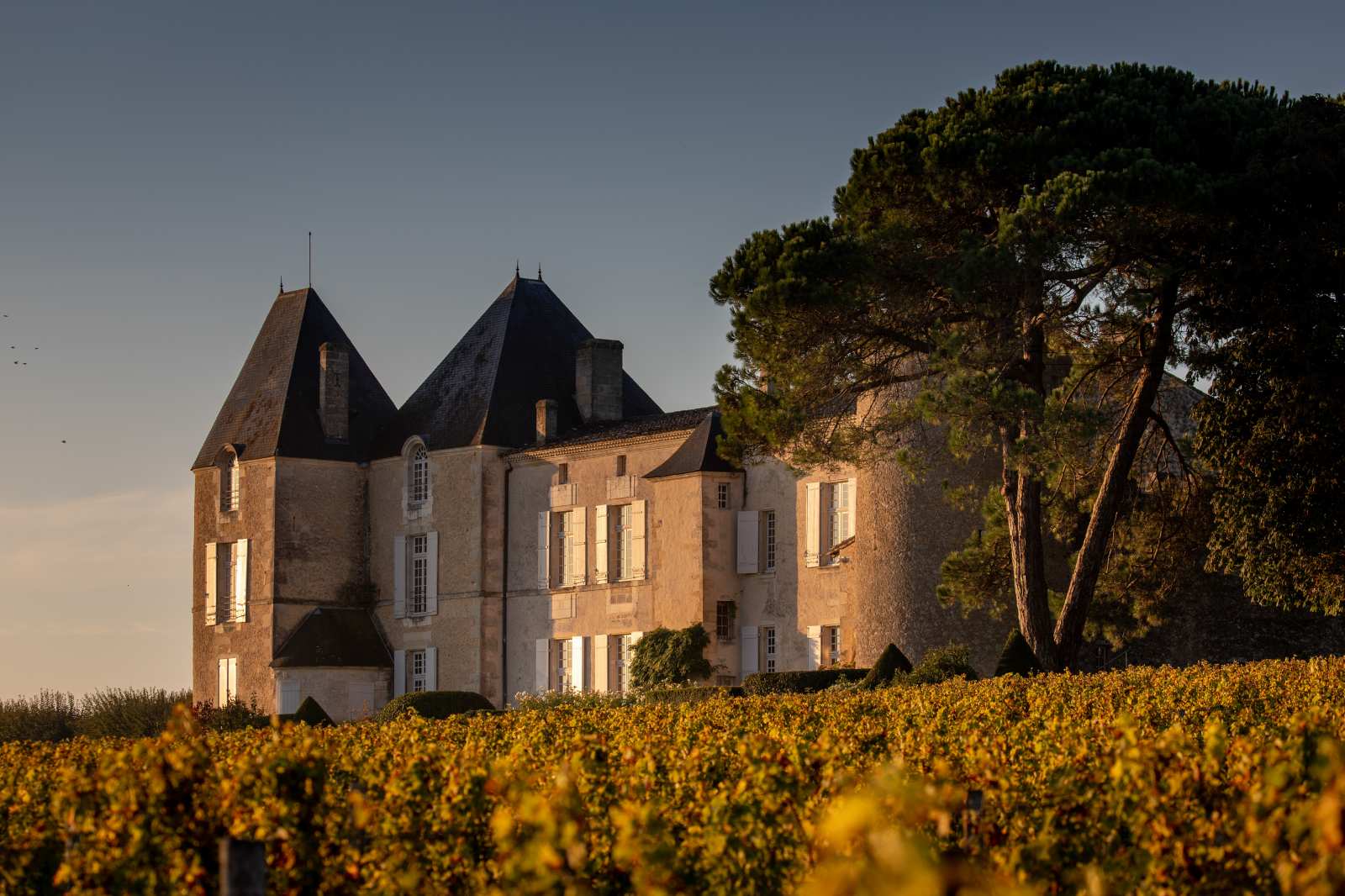
Yquem is also known for its incredible longevity, being “apparently almost immortal”, as wine writer Jancis Robinson put it. In 2011, an ancient bottle of Château d’Yquem from 1811 sold for US$117,000, marking a record for white wine. Its longevity is in part thanks to the noble rot, as well as the drastic selection carried out both in the vineyard and in the cellar.
But today the house may be becoming a victim of its own success, as people can be loath to drink such a legendary bottle, often squirrelling them in their cellar for years, waiting for a special occasion and not drinking them while still young, says Jullien, at a tasting of the 2019 vintage in London.
Sweet wines are associated with the dessert course, something Yquem is trying to change. Launched in 2020, the Lighthouse programme now sees Yquem sold by the glass for the first time at a handful of the world’s finest restaurants, hotels and bars, such as Caprice at Hong Kong’s Four Seasons; La Mamounia in Marrakech; and the Venice Simplon Orient Express train.
“We want everyone to meet Yquem, at least once in their life,” says Jullien. He adds that Yquem is not just for pairing with foie gras, a common association. “Yquem can stand on its own: a sunset accompanied by a glass of Yquem can be the perfect match. Food-wise, a scallop carpaccio, an American crab cake, a lamb tagine, a Sichuan dish, an Argentine beef tartar, roast chicken, and an ossobucco are some of the simple dishes that are divine with Yquem.”
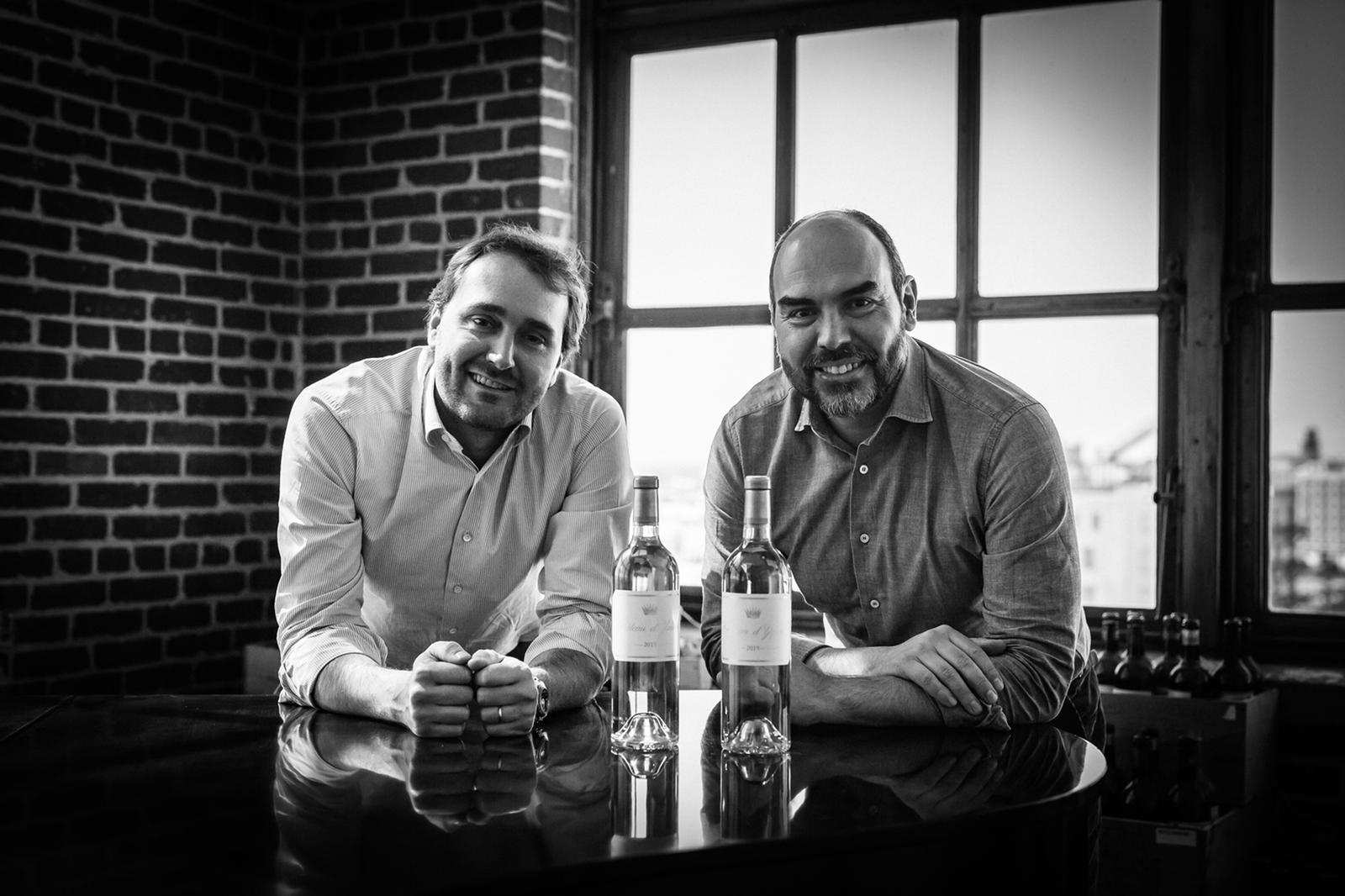
Under former Yquem Cellar Master Sandrine Garbay, there was a major transformation in the production of Yquem, including shortening the maturation period, from three-and-a-half years to about two years; a reduction in the number of ‘rackings’ of the wine, initially 14, now five, throughout the maturation period; and a better control of the bottling process. “This helps to gain purity of the fruit and preserve the fruitiness of the wine as much as possible during the ageing process,” says Lorenzo Pasquini, Estate Director.
Yquem has big changes in the pipeline. From this month, the production of Yquem will be certified organic. Pasquini explains it’s not a major transition as it has always done things organically, with zero herbicide (Yquem has always mechanically weeded its soils) and zero chemical fertiliser (Yquem has always used only farmyard manure). While it was using a few synthetic pesticides, it stopped using them for good in 2019.
As for climate change, the big affliction of many vineyards, so far, the impact has been positive for Yquem. “Our grapes mature better, noble rot settles on sweeter grapes and concentration occurs much more easily, better respecting the quality of the fruit,” adds Pasquini.
Although Jullien advocates drinking Yquem in its youth, one of his personal favourite vintages is nearly 90 years old: Yquem 1937. “It is a fascinating vintage, with a very deep amber colour, close to caramel. The aromatic expression is dominated by notes of cooked such as orange marmalade and plums, as well as dried fruit such as figs, dried apricots, then liquorice, spices, caramel… a whole universe that delights the taste buds. The freshness of this wine is incredible.”
This article originally appeared in Billionaire's Luminaries Issue. To subscribe contact

